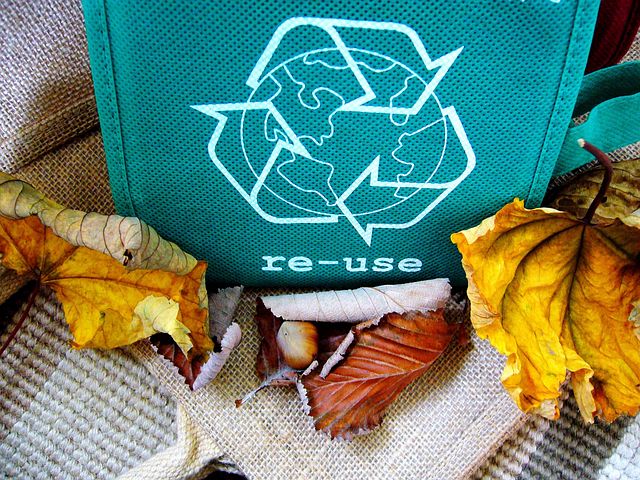
If you want to pursue a college degree that will bring you to a high paying career in the future, there’s a lot to choose from—medicine, business, nursing, etc. But if you want to make a difference or do something that has a positive impact on the environment at the same time, engineering is a good option.
Here are some reasons how an engineering degree can help the environment.
- Alternative energy sources
One function of an engineer is to find and devise a way on how to produce alternative sources of energy. Since the world is relying on fossil fuels as the primary energy source, the process of converting fossil fuels to a power source that’s ready to be utilized by humankind has adverse effects on the environment. Impacts of climate change have been apparent nowadays, and these effects are irreversible.
Developing alternative energy sources such as wind, solar and hydroelectric energy have positive effects in the environment. These are renewable sources of energy that can be produced from air, sun, and water and don’t give off toxic by-products during the conversion to electricity.
- Energy-efficiency
Engineers can also tap into the usual equipment in your house and improve it to make it more environmentally friendly. They can also develop technology and material that is energy efficient, so the electricity and other resources can be appropriately utilized.
- Waste management
An engineering degree at UCR will also give you knowledge on strategies and techniques on how to dispose of waste properly to have less harmful effects on the environment. It can be useful in designing machines or strategies in recycling waste and transforming it into a valuable material. This will result in significant waste reduction as well as proper management and use of other resources.
One example is the invention of eco-bricks where plastic bottles packed with plastic was transformed into a building block that can be used in construction. These can replace cement blocks when building the foundation of buildings and houses.
- Water treatment
Engineers can also help the environment by eliminating water pollution. According to National Geographic, around 70% of industrial waste in developing countries is thrown in bodies of water without being treated. This waste has a negative impact on having a safe water supply in communities.
An engineering degree, specifically a chemical engineering course can provide solutions on how to treat liquid waste and dispose of them properly without leaving toxic by-products. Other branches of engineering can create water filtration systems that can be used by industries as a part of their operation to ensure waste is treated before dumping in rivers or lakes.
- Combats air pollution
One environmental problem almost all countries are facing, especially those that are highly developed is the alarming increase of air pollution. With the interplay of many factors such as industrialization and increased volume of vehicles on the road, these all contribute to polluting the environment. Deforestation and land conversions also reduce the number of trees that can clean the air.
Engineers can help reduce air pollution by developing hybrid technology vehicles that use alternative sources as fuel such as water and salt water. Another way that can be easily implemented is to reformulate the current fuel composition to have less emission which can help reduce air pollution in the environment.
- Sustainable living and ecosystem
Engineers are also responsible for building houses and buildings, and they can also help the environment by recommending materials that will make an establishment more sustainable and environment-friendly. Some engineers promote the use of non- toxic building materials and recyclable materials. They also encourage to use the sun more efficiently by installing glass panels and even solar panels instead of relying on electricity as the primary power source. They can also develop human-made structures such as lakes and wetlands to make new homes for living organisms if there’s infrastructure projects that can harm the existing ecosystem.
Final thoughts:
An engineering degree might be one of the most complex courses in the world. The profession is high in demand because the world is continually changing to be better with improvements in infrastructure and technology. Aside from the fact that it’s a high paying job, this profession is a fulfilling job because it can create a positive impact on the environment.





Leave a Comment